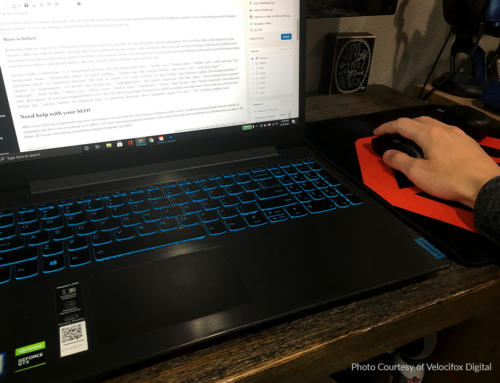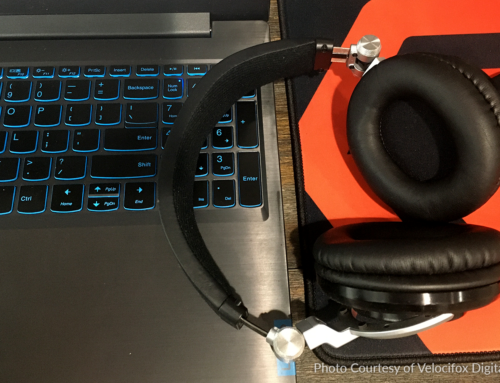Have you heard the word ‘solopreneur’ yet? According to the Urban Dictionary, a solopreneur is defined exactly as the word would suggest:
“An entrepreneur who works alone, ‘solo,’ running their business single-handedly. They might have contractors for hire, yet have full responsibility for the running of their business.”
“The typical solopreneur is easily tempted to become a work-a-holic, not feeling their work is ever done! They do the administrative tasks, marketing, customer service and service delivery typically by themselves.”
How many people surfing my website are solopreneurs? Probably most. I identify as one also. It’s not always the easiest or most luxurious of titles… we literally do it all. For me, that means that sometimes there are 6 to 8 weeks between my blog posts. It also means that I get behind on sending invoices, maintaining relationships, and even following up on leads. GASP! I know, I know… we’re all guilty of it, but it’s an especially heinous crime coming from a marketing professional.
What’s the solution? It’s easy to say “work harder” or “work smarter” or even “hire an assistant”. But I think the real truth behind being a successful solopreneur lies in 3 basic things that I’ll outline here. This advice is for you, dear solopreneur/entrepreneur, just as much as it is for me.
1. Maximize what you love, and outsource the rest.
There are certain things about your profession that you love, and other parts of it that are tedious, boring, or just plain painful to you… but you do those things anyway because that’s part of running a business. Write down the things that you love about what you do, and make sure you are always the one doing them. Write down the tasks that simply get in your way, and try to find the funding to outsource them. If you’re anything like me, you’ll be much happier with more time to focus on the parts you enjoy, rather than getting bogged down in the things that stress you out or bore you to tears.
Sites like Elance.com and Fiverr.com are great places to outsource the activities that are in your way.
2. Make decisions, and stick with them.
A lot of business owners I know are great decision makers. The problem with that is that there are some situations (marketing is one of them) in which the ‘right’ decision is the one you stick with. I had a conversation last week with a Realtor in Nebraska about which CRM software he should use. For those of you who might not know, a CRM is short for “Customer Relationship Management”, so these are softwares like Constant Contact, Contactually, Top Producer, etc. What I told him is something that I’ve heard from people much smarter than me, so I don’t take credit for it, but it’s absolutely true: The one that works best is the one you use. What I mean by that is, they all do basically the same thing. If there is a specific feature that you’re looking for, then narrow down your choices by finding out which ones have that feature, but then just try them all. Whichever one you keep using because it seems easy/clear/clean to you, that’s the right CRM. Period.
The same can be said for most decisions that you make in your business. The best decisions are the ones you stick with and follow through on. Do your research, make a decision, and STICK with that decision for at least 6 months before deciding to bail out or change courses.
3. Become a Time Management Ninja.
Most small business owners (and those who market to small business owners) will tell you that time management should be a the top of your list, but I think that some people (myself included) should manage the time that they spend managing their time. What I mean by that is that you should evaluate the tools you use to keep track of tasks, projects, and to-do lists. If you’re using a software like Evernote or Asana, and even if you’ve been using it for years, go to the company website and spend 1 hour digging into the forums, reading the how-to guides, and watching helpful YouTube videos. I did this recently and discovered that the software I’ve been using for years has a ton of new features that I didn’t even know about. These features literally save me at least 20 to 40 minutes a day. That productivity increase alone was well worth the hour I spent learning about the softwares that I use.
Being a solopreneur is tough. We do everything for the companies that we want to thrive. We have to let go of some things and realize that we can’t do it all. We have to do the things that we love and let someone else do the things we don’t love. We have to use the tools that we have to their fullest extent.
Best of luck to you all during the holiday season!







